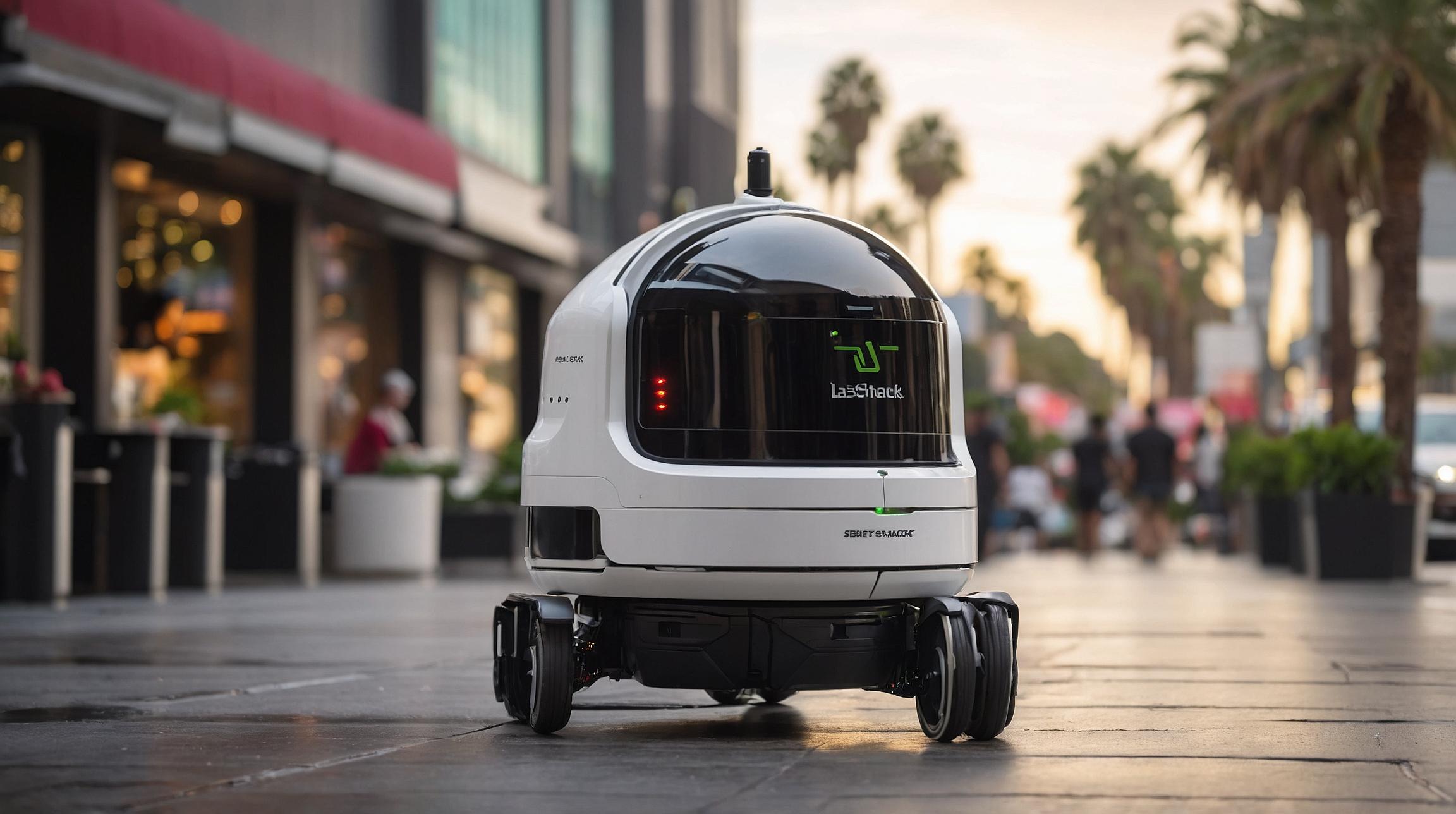Jumping on the AI Bandwagon: The Art of Naming Your Chatbot
In the rapidly evolving landscape of Artificial Intelligence (AI), the significance of a name cannot be understated. As AI technologies advance, the challenge of naming these sophisticated and versatile tools has become a pivotal aspect of their market identity. From Google's recent rebranding to Gemini, to the playful suggestion of naming an AI Gary, the process encapsulates a blend of innovation, functionality, and human-like familiarity.
The Essence of a Good AI Name
Choosing the right name for an AI system is more than a mere branding exercise; it's about instilling a sense of cutting-edge technology while ensuring the name remains approachable and safe. According to Sam Altman, the CEO of OpenAI, the importance of a name is paramount, as seen with ChatGPT's global recognition, despite its "horrible" name. A well-thought-out name not only needs to sound cool but also has to leave room for the technology to grow, adapt, and maintain relevance.
Branding Beyond Functionality
Google's shift from Bard to Gemini underscores a strategic move towards a more versatile, yet somewhat ambiguous, naming convention. This transition signifies a departure from naming AI-powered assistants after the company, moving towards more neutral ground. The names chosen by tech giants often reflect a deeper strategy, aiming to blend user friendliness with the hard consonant sounds that ensure voice assistants can easily recognize and respond to their names.
Anthropomorphism in AI
The trend towards assigning human-like names to AI, such as IBM's Watson or Anthropic's Claude, illustrates a broader aim to humanize technology. This strategy not only aids in user engagement by encouraging natural language interactions but also navigates the tricky waters of gender perceptions in technology names. The goal is to find a name that embodies reliability, helpfulness, and accessibility—qualities that Gary, albeit humorously suggested, resonates well with.
Looking Ahead
As AI continues to permeate every facet of our lives, the names we choose for these technologies will play a crucial role in how they are perceived and integrated into society. While some may argue the name is just a minor detail, history has shown that the right name can indeed make or break a technology's adoption and acceptance. As we hurtle towards a future increasingly shaped by AI, perhaps it's worth considering not just what these technologies can do, but also what we call them. Whether it's Gemini, Watson, or even Gary, the name becomes a vital part of the AI's identity and, by extension, our relationship with it.
In a world where AI is no longer just a sci-fi fantasy but a daily reality, the ongoing dialogue around the naming conventions of these technologies demonstrates the constant balancing act between innovation, humanization, and marketability. As we navigate this new frontier, the names we choose will undoubtedly continue to spark debates, laughter, and perhaps even a sense of companionship with the digital minds that are increasingly becoming a part of our world.
Analyst comment
Neutral news. The article discusses the importance of naming AI technologies and the different strategies used by companies. It highlights the significance of a well-thought-out name in shaping market identity and user perception. The future of AI adoption and acceptance is influenced by the names chosen for these technologies.













